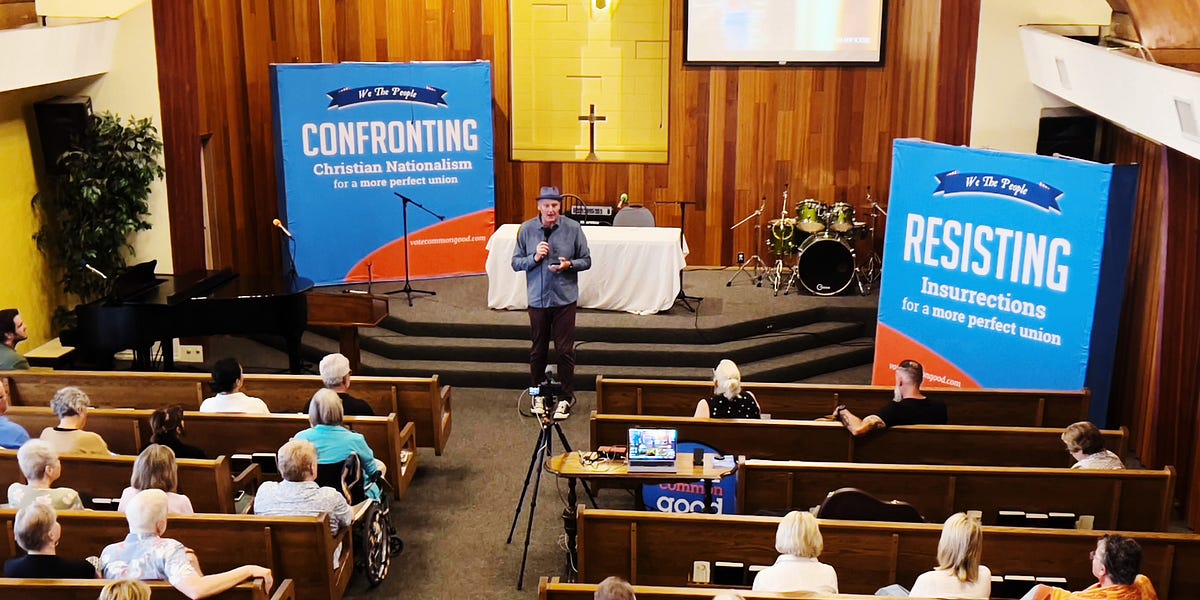
The sun shines on the facade of Puerto Rico’s Capitolio (Rachel A. Jones/Getty Images, via Canva Pro)
Most Americans don’t follow Puerto Rico’s finances. They don’t need a seminar. They need just one fair rule they can trust: you can’t call a budget “balanced” if it only balances because Americans are paying for it.
Start with two basic facts that too few people know: individuals who live in Puerto Rico don’t pay American income taxes on income earned in Puerto Rico, and in 2016, Congress established the Financial Oversight and Management Board (FOMB) to oversee Puerto Rico’s finances.
That first fact means island-earned income is taxed by Puerto Rico and stays in Puerto Rico’s Treasury — it doesn’t flow into the American income-tax base. It’s also a major draw, including many American millionaires and billionaires who move there precisely because they don’t pay American income taxes. That second fact explains today’s backdrop: after years of deficits and unpayable debt, the FOMB serves as an independent referee to ensure the numbers are accurate, the budgets are honest, and the debt workout sticks so Puerto Rico can borrow and grow again.
There’s also a finish line. The FOMB isn’t meant to be permanent. It ceases to exist after Puerto Rico delivers four consecutive balanced budgets under standard accounting and regains normal market access at reasonable rates. Meet those two conditions four years in a row, and the training wheels come off.
These facts point to a simple common-sense standard for what “balanced” actually means in Puerto Rico: pay our own way with our own recurring revenue. Recurring revenue means the taxes and fees Puerto Rico collects from the economy Puerto Rico builds. A budget that needs ongoing mainland dollars to cover ordinary expenses — schools, public safety, health services, pensions, maintenance — isn’t balanced. It’s being underwritten by Americans who don’t live there and do pay American income taxes.
This isn’t a moral lecture. It’s a math rule. Balanced means the numbers add up without a permanent outside subsidy. No gimmicks. No relabeling. No hiding transfers in footnotes. If you need American money every year to close the gap, then by definition, the budget isn’t standing on its own legs. Call that what it is: dependence, not balance.
Some will say, “But we’re all Americans.” True, and that’s exactly why this approach is fair.
Shared citizenship doesn’t erase the key distinction: Puerto Rico is the only place in the world an American can earn income without contributing to the American Dream. Fairness runs both ways. It’s unfair to people who pay American income taxes to carry another government’s everyday bills. It’s also unfair to Puerto Ricans to pretend balance exists when it doesn’t. That illusion delays the reforms and growth that would actually improve lives on the island.
Paying our own bills changes incentives. It forces the Puerto Rican government to prioritize essentials, measure outcomes, and cut what doesn’t work. It rewards growth that expands the local tax base. It signals credibility to investors and residents: no hidden crutch, no borrowed grace. When a government funds itself, it earns the right to plan for the long term — and people can believe the plan.
Plan for zero. Execute to zero. Report it. Each year, Puerto Rico should plan and operate a budget that requires no American taxpayer money — built solely on the island’s own recurring revenue — and then publish the results to Congress and the American people, accompanied by an independent certification.
This standard isn’t punishment. It’s dignity.
It treats Puerto Rico’s residents as capable of running a government that lives within its means and grows by its own effort.
It respects Americans who pay American income taxes by not drafting them to finance another government’s routine operations.
And it gives everyone (in America and Puerto Rico) a clear, honest scoreboard.
Bottom line: Puerto Rico’s budget is only truly “balanced” when Puerto Rico pays for all of its own routine expenses without needing American taxpayer money. That’s responsibility. That’s respect. And that’s the path from short-term fixes to real, compounding growth — and to graduating from oversight for good.
About the Author
Javier Ortiz, with over 30 years of experience in technology, business, and the public sector, leads investment technical due diligence and innovation at Falcon Cyber Investments.
What We’re Reading
Churches and ICE: From Adrian Carrasquillo’s Huddled Masses newsletter for The Bulwark, “I HEAR IT ALL THE TIME: What Donald Trump is doing goes against Christian teachings, the Bible, what people of faith are taught, and yet they still back him. But The Bulwark has learned exclusively that a network of five thousand faith communities is now disseminating a blueprint for clergy and lay leaders who want to push back against what Trump and the agents of his newly emboldened ICE are doing to immigrants across the country.”
The Latino Newsletter welcomes opinion pieces in English and/or Spanish from community voices. Submission guidelines are here. The views expressed by outside opinion contributors do not necessarily reflect the editorial views of this outlet or its employees.

